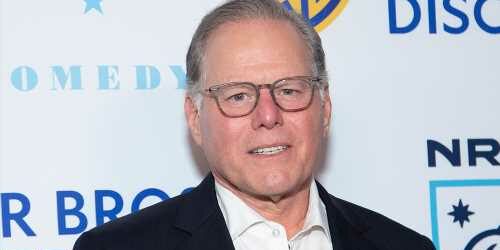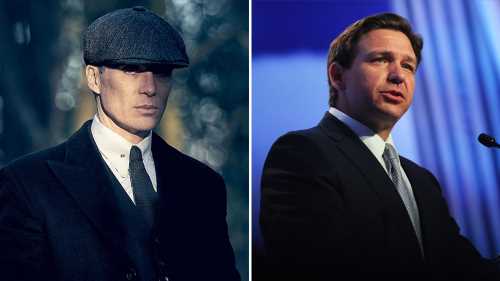On July 3, GQ.com rolled out a hot-take story titled “How Warner Bros. Discovery CEO David Zaslav Became Public Enemy Number One in Hollywood.” The piece, which was written by freelance film critic Jason Bailey and slammed Zaslav as a Logan Roy-esque mogul, quickly disappeared from GQ’s website, while a new, more friendly version popped up with a separate URL. That version, too, vanished not long after, leaving readers puzzled.
But did a GQ editor’s relationship with Warner Bros. play a role in the softening and ultimate removal of the story?
GQ editor-in-chief Will Welch is producing a movie at Warner Bros. titled “The Great Chinese Art Heist,” which is based on a 2018 GQ article by Alex W. Palmer. Jon M. Chu (“Crazy Rich Asians”) is attached to direct and produce the film, which chronicles an audacious European museum crime wave that targeted Chinese antiquities. The project already has a script in place by Ken Cheng, Jessica Gao and Jimmy O. Yang. Sources say Welch was involved in the discussions surrounding the removal of Bailey’s initial story and made the call to pull the revamped story, which ran some 500 words shorter than the published version. Those same sources say Warner Bros. Discovery complained about the initial story to two GQ editors, one of whom was Welch.
A representative for GQ said, “A piece published by GQ on Monday was not properly edited before going live. After a revision was published, the writer of the piece asked to have their byline removed, at which point GQ decided to unpublish the piece in question. GQ regrets the editorial error that led to a story being published before it was ready.”
But a spokesperson for Warner Bros. Discovery offered a slightly different take.
“The freelance reporter made no attempt to reach out to Warner Bros Discovery to fact-check the substance of the piece before publishing — a standard practice for any reputable news outlet,” the spokesperson said. “As is also standard practice, we contacted the outlet and asked that numerous inaccuracies be corrected. In the process of doing so, the editors ultimately decided to pull the piece.”
Still, removing an entire story from a news outlet’s website would constitute an extreme action and is almost never done, except in the most egregious cases of journalistic malpractice. Even then, an editor’s note would typically appear when readers clicked on an excised story with an explanation of why it was killed.
Welch’s involvement in the decision-making process would constitute a conflict of interest. As a producer on a Warner Bros. movie in early development, Welch would meet the criteria from the Society of Professional Journalists Code of Ethics that says reporters and editors should “avoid conflicts of interest, real or perceived [and] disclose unavoidable conflicts.” Furthermore, journalistic best practices dictate that stories never just disappear and that any significant corrections be noted with full transparency. A Warner Bros. Discovery source says no one at the corporate level was aware of Welch’s ties to the movie studio.
As for what changed between the first and second versions of the piece, it appears from archived versions to be mostly tonal in nature. Gone from the softened version was Bailey’s description of Zaslav as akin to Richard Gere’s ruthless financier character in “Pretty Woman” who boasts of selling off companies for their parts, as well as mention of Zaslav co-hosting a party in Cannes with Graydon Carter for the movie studio’s 100th anniversary.
Bailey declined to comment on Warner Bros. Discovery’s characterization of his work as containing multiple inaccuracies or that he never reached out to Zaslav for comment.
Roger Friedman first reported about the missing article on his Showbiz411.com.
Read More About:
Source: Read Full Article


